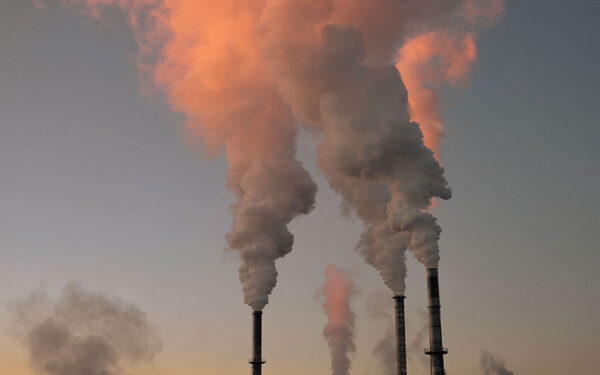Massachusetts Needs to Ramp Up Action to Cut Carbon Pollution by 2050
The Healey administration’s climate report card shows more work needed on equity, transportation, and clean power.
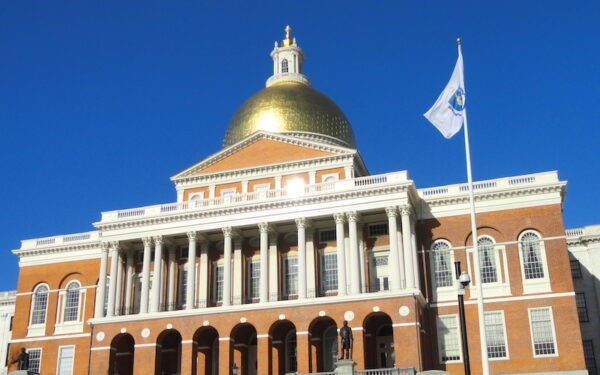
The Healey administration’s climate report card shows more work needed on equity, transportation, and clean power.

“Fossil gas is polluting our planet and harming Mainers right in their own homes,” said Emily K. Green, Senior Attorney at CLF Maine. “We can’t keep talking out of both sides of our mouths, setting aggressive climate mandates while allowing gas utilities to carry on with business as usual. It’s past time to take a hard look at the ever-expanding gas network and plot our transition away from fossil fuels for good, and this bill is a great step in that direction.”
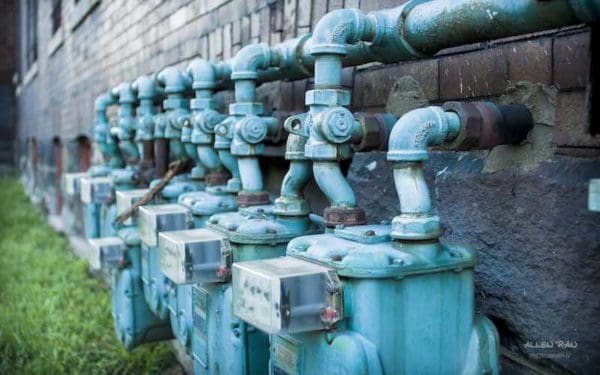
The new Climate Action Plan update is a much needed step toward New Hampshire’s clean energy future.

Uneaten food takes up valuable space in landfills and produces climate-damaging methane when left to rot.

The Twin States Clean Energy Link would run from New Hampshire into Vermont and connect to Canada, bringing clean energy into and out of the region.

“The DPU absolutely came to the right conclusion here: dangerous, polluting fossil fuel gas and so-called renewable natural gas are not the future of heating,” said Caitlin Peale Sloan, Vice President of CLF Massachusetts. “It will take huge investments to make this transition, and we cannot increase the burden on low- and moderate-income families in the process. We still have a lot of work to do to reach our climate and emissions goals, but today’s order puts us on the right path for years to come.”
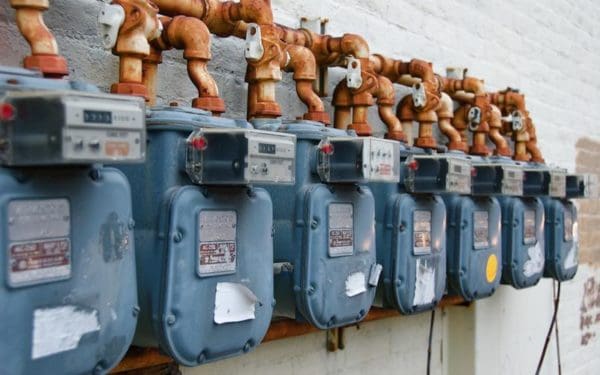
“Governor Healey’s commitment to transparency around the state’s climate goals is a much-needed change of pace from the previous administration,” said Caitlin Peale Sloan, Vice President of CLF Massachusetts. “The data shows that we are clearly missing the mark in some critical areas, and it’s so important that we do not leave frontline communities behind in this process. The report card is a good baseline, but it’s time to put in place some new regulations to get us where we need to go on slashing emissions and preparing our communities.”
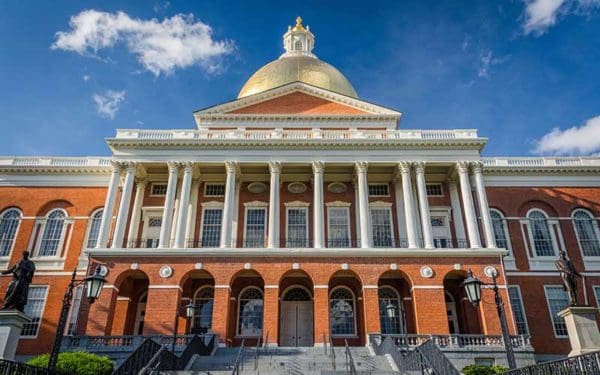
COP28 is a reminder that local governments can act on climate even when political debate stymies global negotiations

The last thing we need is for this air- and climate-damaging plant to expand – which is why Burlington’s City Council should vote “no” on the proposed District Energy Project.
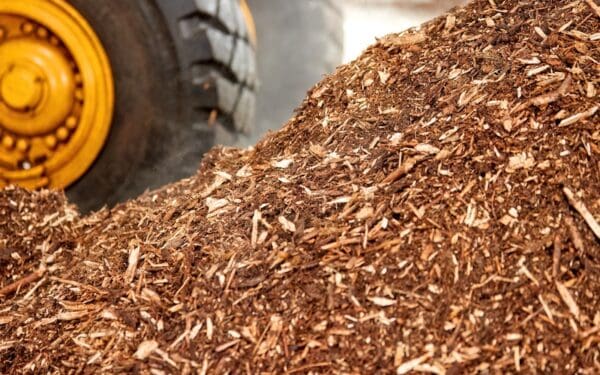
CLF’s recently published study finds that bioenergy can play a limited role in industries that are near-impossible to electrify – but clean energy like solar, wind, and heat pumps must largely pave the path forward.
